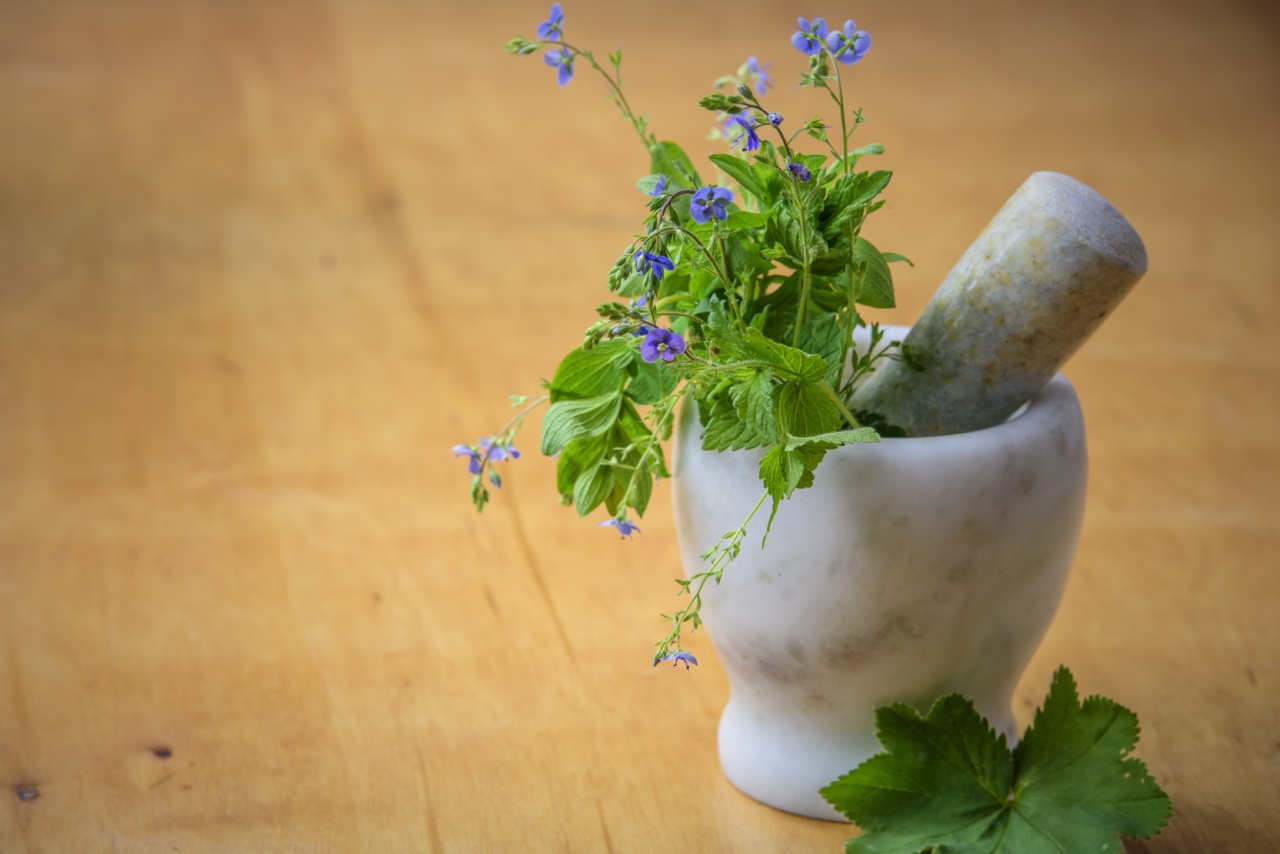When it comes to maintaining a healthy gut, the healing powers of herbs cannot be underestimated. Herbs have been used for centuries to support digestion, reduce inflammation, and promote overall gut health.
In this article, we will explore three powerful herbs that can work wonders for your gut.
1. Peppermint
Peppermint is known for its refreshing aroma and cooling property, but it also offers numerous benefits for your gut.
The active compounds in peppermint, such as menthol and menthone, have been found to relax the muscles of the gastrointestinal tract, which can help relieve symptoms of indigestion, bloating, and gas.
Studies have shown that peppermint oil capsules can significantly reduce symptoms of irritable bowel syndrome (IBS), a common digestive disorder characterized by abdominal pain, cramping, and changes in bowel habits.
Peppermint oil may also help reduce inflammation in the gut and improve the flow of bile, aiding in the digestion and absorption of fats.
2. Ginger
Ginger has long been used in traditional medicine to soothe the stomach and aid digestion. It contains potent compounds, such as gingerol, that have been shown to have anti-inflammatory and antioxidant effects.
Ginger can help stimulate the production of digestive enzymes, improve gastric motility, and reduce inflammation in the gut. It has been traditionally used to alleviate symptoms of nausea, vomiting, and indigestion.
Ginger may also help relieve menstrual cramps, which can be exacerbated by digestive issues.
Research suggests that ginger may have a protective effect on the gut lining, preventing damage caused by certain bacteria and reducing the risk of developing ulcers.
Its antioxidant properties may also help neutralize harmful free radicals and reduce oxidative stress in the gut.
3. Turmeric
Turmeric, known for its vibrant yellow color, is a powerful herb that has been used in Ayurvedic medicine for centuries. Its active compound, curcumin, has been extensively studied for its anti-inflammatory, antioxidant, and anticancer properties.
In terms of gut health, turmeric has shown promise in alleviating symptoms of inflammatory bowel diseases (IBD) such as Crohn’s disease and ulcerative colitis.
Curcumin’s anti-inflammatory effects can help reduce inflammation in the gut and improve symptoms such as abdominal pain, diarrhea, and intestinal bleeding.
Curcumin also supports gut health by promoting the growth of beneficial gut bacteria. It can modulate the gut microbiota, balancing the populations of various bacteria and promoting a healthy microbial environment.
How to Incorporate These Herbs into Your Routine
Now that you know the incredible healing powers of peppermint, ginger, and turmeric for your gut, you’re probably wondering how to incorporate them into your daily routine. Here are a few ideas:.
1. Peppermint Tea
One of the simplest ways to enjoy the benefits of peppermint is by sipping on peppermint tea. Steep a handful of fresh peppermint leaves or a peppermint tea bag in hot water for a soothing and gut-healthy beverage.
2. Ginger Shots
Start your day with a ginger shot to kickstart your digestion. Blend fresh ginger root with a squeeze of lemon juice and a dash of honey for a zingy and gut-friendly boost.
3. Turmeric Golden Milk
Prepare a warm and comforting turmeric golden milk by mixing a teaspoon of turmeric powder with a cup of warm milk (plant-based if preferred).
Add a pinch of black pepper to enhance curcumin absorption, and sweeten with a natural sweetener like honey or maple syrup.
4. Herbal Supplements
If incorporating these herbs into your daily routine seems challenging, you can also consider taking herbal supplements. Look for high-quality supplements that contain standardized extracts of peppermint, ginger, or turmeric for optimal benefits.
Conclusion
Herbs have been used for centuries to promote gut health and alleviate digestive issues.
Peppermint, ginger, and turmeric are three potent herbs that offer a wide range of benefits for your gut, including reducing inflammation, soothing digestion, and promoting a healthy gut microbiota. Incorporating these herbs into your daily routine, whether through teas, shots, or supplements, can help support your gut health and overall well-being.



























